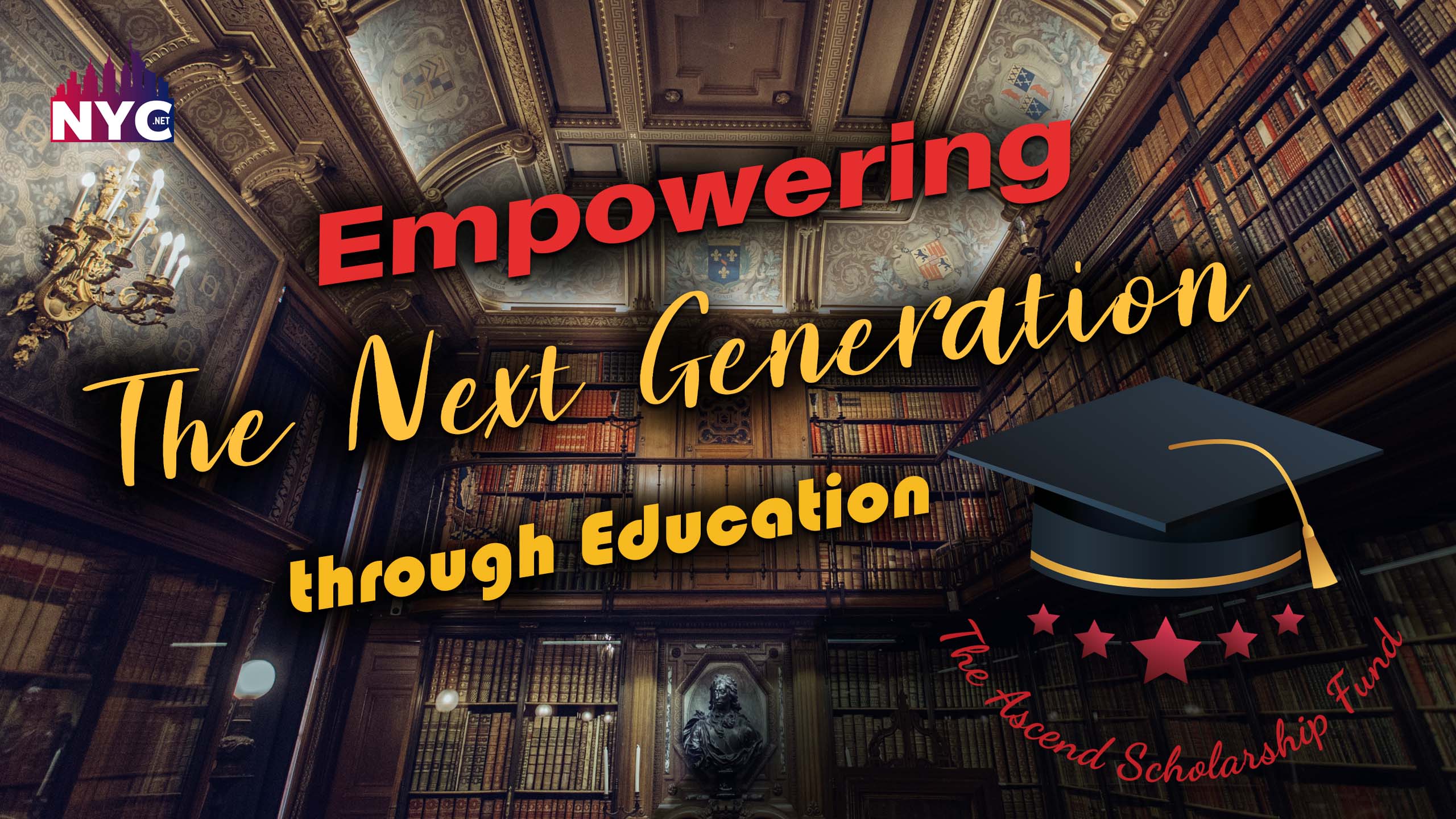The teaching profession is one of the most rewarding and critical careers, as educators play a vital role in shaping the minds of future generations. However, pursuing a degree in education can be costly, and many aspiring teachers may be deterred by the financial burden. To address this challenge, various organizations, foundations, and government institutions offer scholarships to support future teachers in achieving their academic and professional goals. In this article, we will explore the different types of scholarships available for future teachers, their eligibility criteria, and the benefits of receiving such awards.

Types of Scholarships for Future Teachers
There are numerous scholarships available for future teachers, catering to different levels of study, subject areas, and demographic groups. Some of the most common types of scholarships include:
- Merit-based scholarships: These awards recognize students’ academic achievements, such as high GPA, academic excellence, and standardized test scores.
- Need-based scholarships: These scholarships are designed for students who demonstrate financial need, often requiring applicants to submit the Free Application for Federal Student Aid (FAFSA).
- Subject-specific scholarships: These awards are offered to students pursuing degrees in specific subjects, such as mathematics, science, or special education.
- Diversity scholarships: These scholarships aim to increase diversity in the teaching profession, targeting students from underrepresented groups, such as minority ethnicities, LGBTQ+ individuals, or students with disabilities.
- Teach-for-America scholarships: These awards are offered to students who commit to teaching in low-income schools or high-need areas.
Eligibility Criteria
To be eligible for scholarships for future teachers, applicants typically need to meet certain criteria, including:
- Academic requirements: A minimum GPA, often 3.0 or higher, and satisfactory academic progress.
- Enrollment requirements: Students must be enrolled in an accredited teacher preparation program or a related field of study.
- Career commitment: Some scholarships require recipients to commit to teaching in a specific subject area, geographic location, or demographic group.
- Financial need: Applicants may need to demonstrate financial need, as determined by the FAFSA or other financial aid assessments.
- Additional requirements: Some scholarships may require additional materials, such as essays, letters of recommendation, or interviews.
Benefits of Scholarships for Future Teachers
Receiving a scholarship can have a significant impact on a future teacher’s academic and professional journey. Some of the benefits include:
- Financial support: Scholarships can help alleviate the financial burden of pursuing a degree in education, allowing students to focus on their studies rather than worrying about debt.
- Increased opportunities: Scholarships can provide opportunities for students to pursue internships, study abroad, or participate in professional development programs.
- Networking opportunities: Scholarship recipients may have access to networking events, conferences, and mentoring programs, helping them establish connections in the education field.
- Enhanced career prospects: Scholarships can enhance a teacher’s career prospects, demonstrating their commitment to the profession and their potential as a future educator.
- Personal growth: Receiving a scholarship can boost a student’s confidence, motivation, and sense of purpose, ultimately leading to personal growth and development.
Notable Scholarships for Future Teachers
Some notable scholarships for future teachers include:
- The TEACH Grant: A federal grant program that provides up to $4,000 per year for students pursuing a teaching degree.
- The National Education Association (NEA) Foundation Scholarship: Offers awards of up to $5,000 for students pursuing a degree in education.
- The Fund for Teachers Scholarship: Provides grants of up to $5,000 for teachers to pursue professional development opportunities.
- The James Madison Memorial Fellowship: Offers up to $24,000 for students pursuing a master’s degree in education, with a focus on American history, government, or civics.
FAQ
Q: What is the typical amount of a scholarship for future teachers?
A: The amount of a scholarship can vary widely, ranging from a few hundred dollars to full-tuition awards.
Q: Can I apply for multiple scholarships?
A: Yes, students can apply for multiple scholarships, but be sure to review the eligibility criteria and application requirements for each award.
Q: Are scholarships only available for undergraduate students?
A: No, scholarships are available for students at various levels of study, including undergraduate, graduate, and doctoral programs.
Q: How do I apply for a scholarship?
A: Typically, students can apply for scholarships through an online application portal, submitting required materials such as transcripts, essays, and letters of recommendation.
Q: Can I use a scholarship for online or part-time programs?
A: Some scholarships may be restricted to full-time or on-campus programs, while others may be available for online or part-time study; be sure to review the eligibility criteria.
Conclusion
Scholarships for future teachers are essential in supporting the next generation of educators, helping to alleviate the financial burden of pursuing a degree in education. By providing financial support, increasing opportunities, and enhancing career prospects, scholarships can empower future teachers to make a positive impact in the lives of their students. Aspiring teachers should explore the various types of scholarships available, review the eligibility criteria, and apply for awards that align with their academic and professional goals. Remember, investing in the education and development of future teachers is crucial for shaping the minds of future generations and creating a brighter, more informed society.
Closure
Thus, we hope this article has provided valuable insights into Scholarships for Future Teachers: Empowering the Next Generation of Educators. We thank you for taking the time to read this article. See you in our next article!